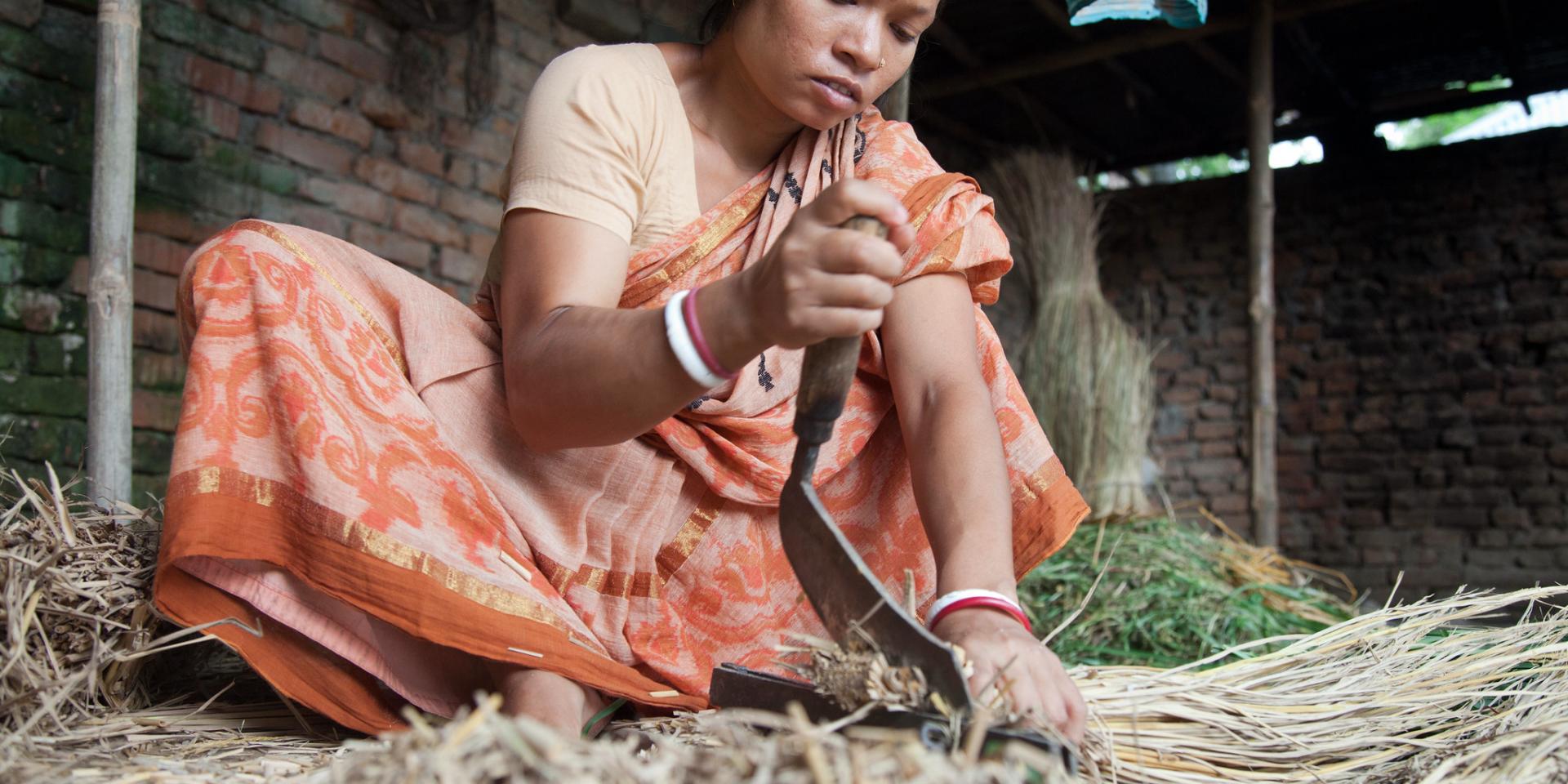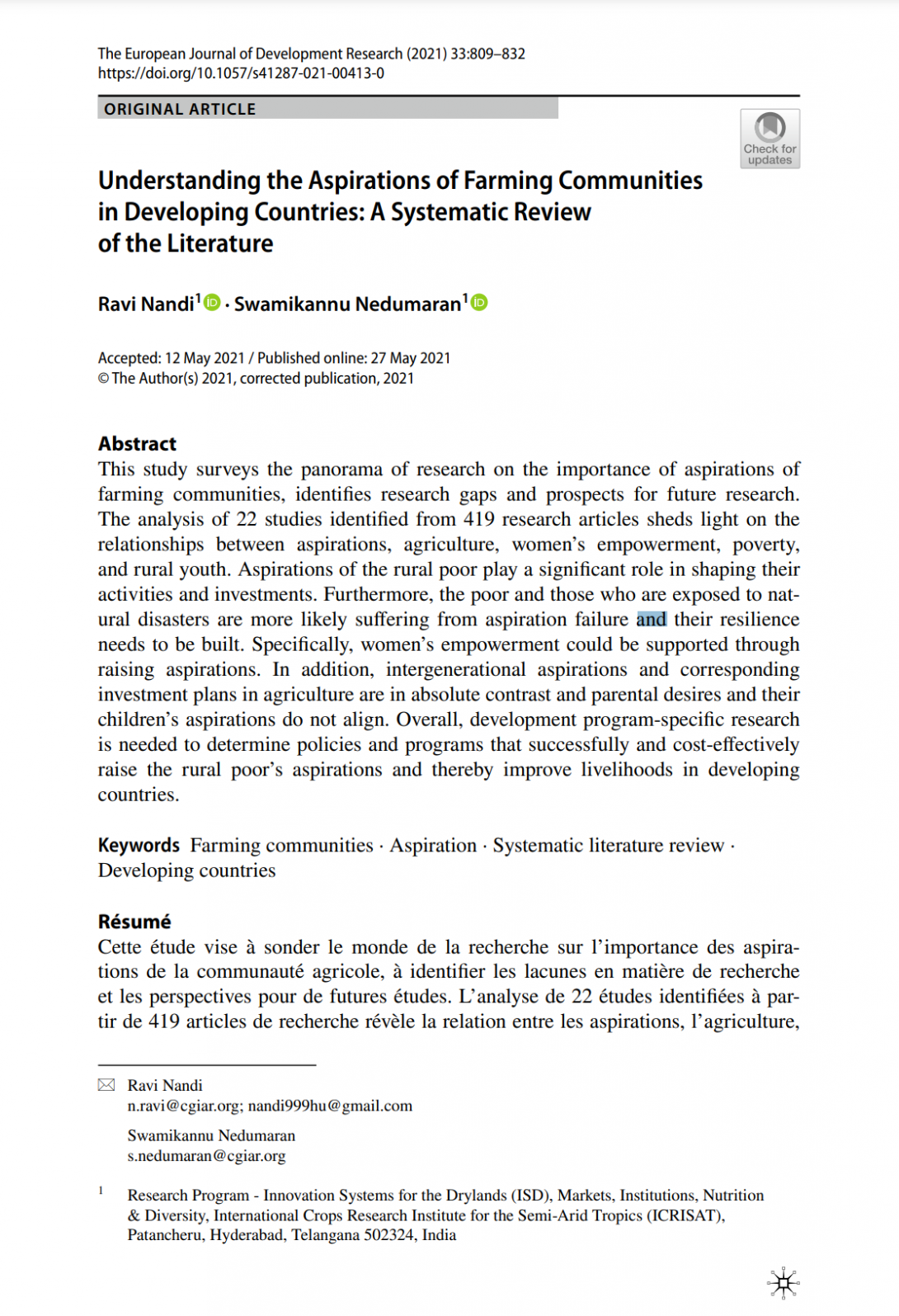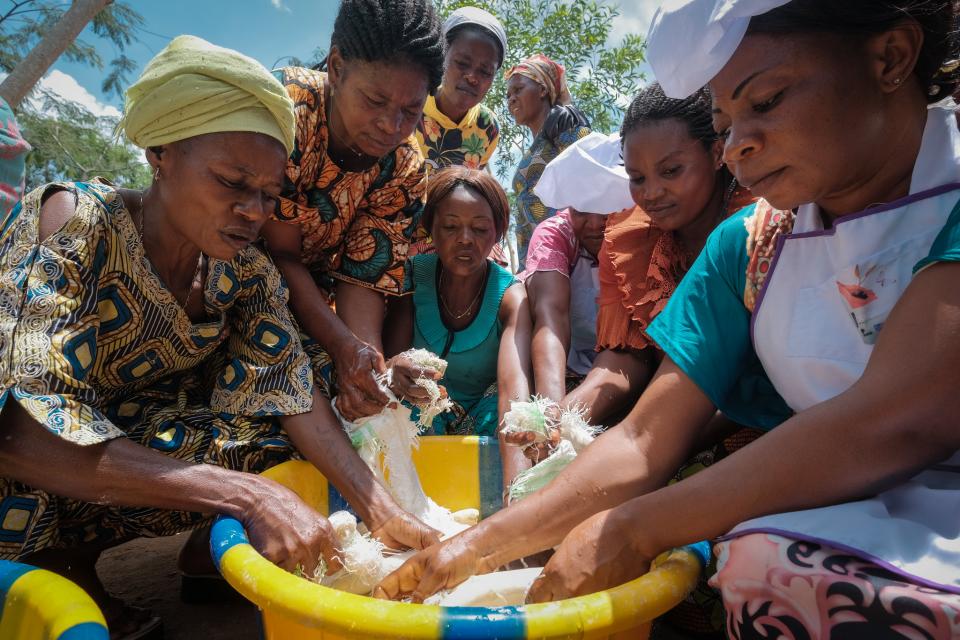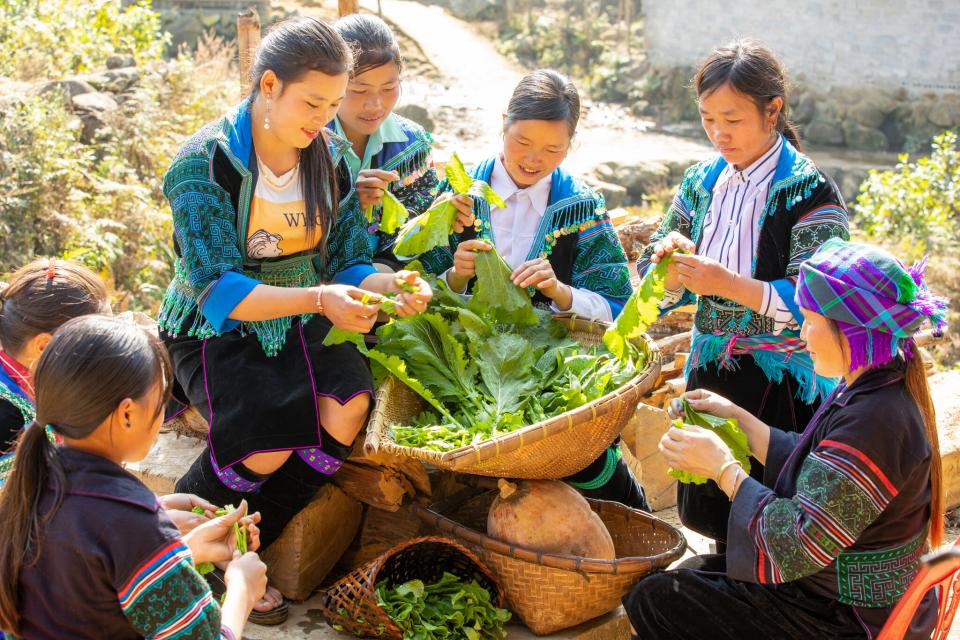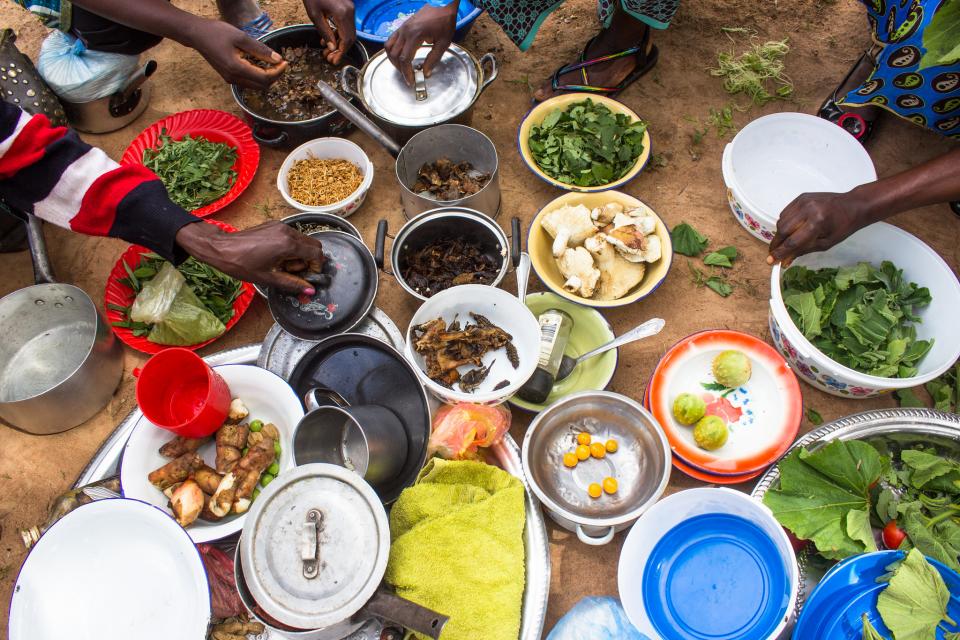Higher aspirations are a crucial indicator of women’s empowerment. Therefore, raising aspirations is one way to empower women. When development programs or governments fail to support women to raise and realize their aspirations, they may be partly responsible for the failure to empower women.
Development programs that aim to raise the aspirations of women—by implementing strategies such as encouraging women to take part in decision-making and leadership roles, providing equitable access to resources, and encouraging digital literacy—could be a high potential and low-cost way to alter gender and social norms and family roles, thereby widening opportunities for women.
Our analysis of 419 studies shows that, in general, there are significant gender gaps in aspirations; unlike their male counterparts, women fail to aspire to aspects that are personally important to them: income, asset ownership, education of their children, and social status.
Various discriminatory gender norms also discourage young women from aspiring to agriculture-related occupations. Norms that portray agriculture as a masculine job discourage women from learning about and trying innovative practices and restrict women’s agricultural opportunities. These norms can turn women’s aspirations away from agriculture. Opening avenues for young women in agriculture requires special attention to the inequalities that they face based on their age and gender. Women leaders positively influence women’s aspirations and educational attainment, especially in rural areas.
